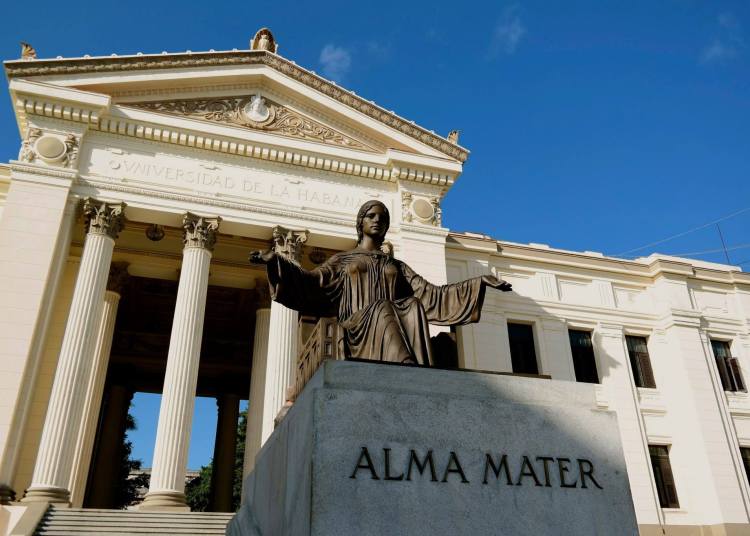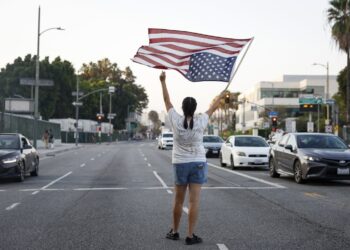Cuban universities are “readjusting” their teaching schedules to the energy crisis the island is experiencing at the moment and that the authorities affirm is “temporary.”
First Deputy Minister of Higher Education Martha del Carmen Mesa―who recently published a text about university teaching staff that has been a subject of controversy―assured the Cuban News Agency (ACN) that “no university is going to close its doors,” but she specified that they will work “according to the possibilities of each territory” and with the characteristics of the centers of higher studies themselves.
In general, “it was decided to reduce the face-to-face nature of university processes, prioritizing the undergraduate, and decentralizing the necessary students from the higher education headquarters to their municipalities of residence,” Mesa explained to the ACN.
The deputy minister commented that, given the current situation, her ministry gave the university authorities “total freedom” to “design initiatives” and “creatively” apply the necessary “organizational forms of the educational teaching process.”
“All universities are increasing the decentralization of academic activities and the offers of Courses by Encounters, Distance Education, Short Cycle Training Programs and University Colleges, taking into account the importance of maintaining life in the university,” she said.
Díaz-Canel: “Cuba no está paralizada” pese a “situación energética”
She explained that a group of students―whose number the ACN report did not specify―will be sent to their places of residence, where they will be linked to the so-called Municipal University Centers (CUM), as well as teaching, production and service units in their localities
The idea is, she said, that “in a concerted manner with the authorities of the municipalities, the minimum necessary conditions are created that allow for partial or total decentralization of teaching activities.”
In addition, she announced that in the next two weeks the class schedules will be “adapted” to “take full advantage of natural light and use electricity from 8 to 10 hours a day” and said that the measures applied in this regard “seek to take advantage of computerization for the benefit of teacher development, as it resorts to the use of digital formats, educational technology at a time outside the electric peak and the development of initiatives for the best use of existing texts and bibliography.”
She also commented that “special attention” will be given to Cuban and foreign scholarship students who stay in the island’s universities, while “activities” that require transportation and other “resources that are in short supply” will be adjusted, and in their stead “the use of videoconferences and other related techniques will be increased.”
She also assured that services and administrative activities will be reorganized in order to save fuel and that investments “in those activities that can be postponed” will be paralyzed.
However, she explained that “to the extent that the days go by” there could be “a gradual and progressive change, depending on the situation.”
Cuba is currently going through an energy crisis due to a lack of fuel, in particular diesel, as reported by the island’s authorities, which hold the government of the United States responsible for it and its recent measures to “stifle” the Cuban economy.
Given this situation, the government has insisted that it is not a return to the Special Period, the severe crisis suffered by Cuba in the 1990s, and has implemented a set of measures that include reductions in transportation and productive activities, prioritizing the “basic services” for the population and the main economic sectors of the country.









